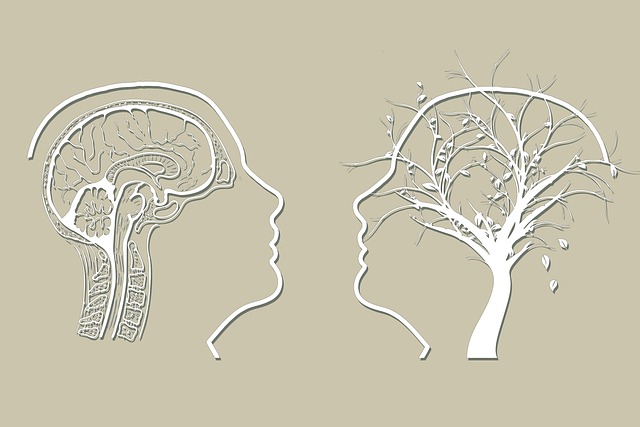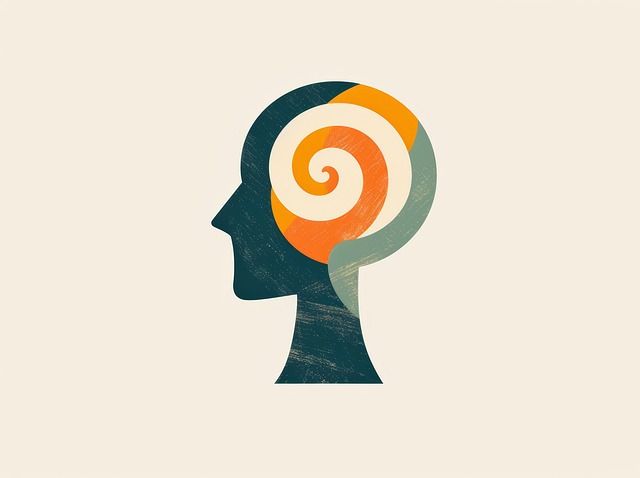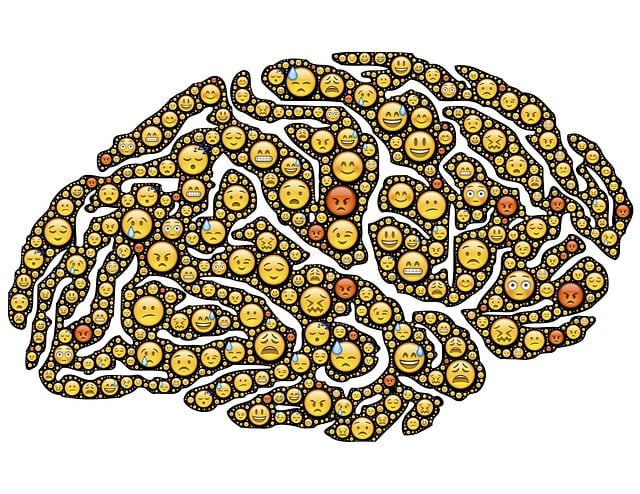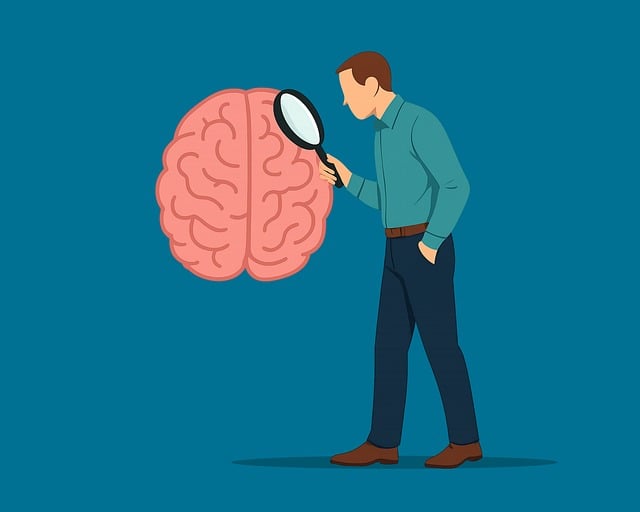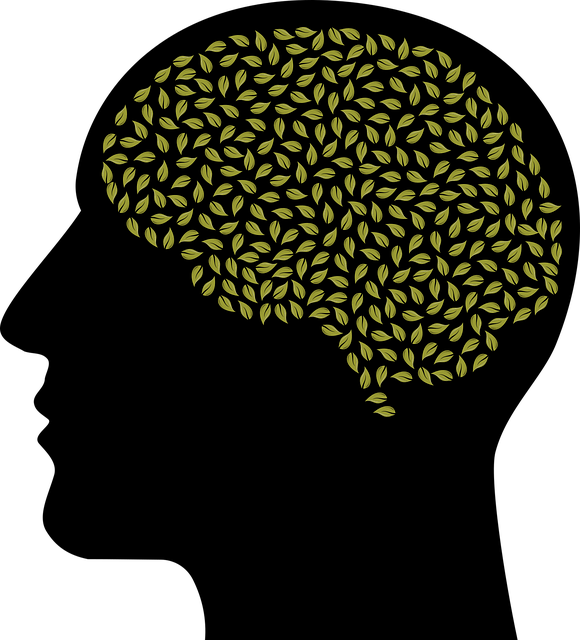Boulder Eating Disorders Therapy emphasizes holistic emotional well-being through compassion cultivation, cognitive strategies, and mindfulness. By teaching self-compassion, challenging negative thoughts, and fostering empathy, this therapy empowers individuals to manage mood, prevent burnout, and build resilience. Mindfulness meditation, along with self-esteem improvement, equips clients to confront challenges, view setbacks as growth opportunities, and achieve lasting recovery.
“Discover powerful mood regulation strategies to achieve emotional balance. Our comprehensive guide explores various techniques, from cognitive therapies that manage moods effectively to holistic approaches for overcoming eating disorders. Learn how to navigate emotional challenges and maintain mental well-being in today’s fast-paced world. Find out the secrets to stabilizing your mood through evidence-based practices, tailored for individuals seeking Boulder Eating Disorders Therapy.”
- Understanding Mood Regulation: Unraveling Emotional Balance
- Cognitive Strategies for Effective Mood Management
- Holistic Approaches to Stabilizing Your Mood and Overcoming Eating Disorders
Understanding Mood Regulation: Unraveling Emotional Balance

Understanding Mood Regulation involves delving into the intricate dance between our emotions and mental health. Our ability to manage and balance mood is a crucial aspect of overall well-being, especially in navigating the complexities of modern life. In the context of Boulder Eating Disorders Therapy, this becomes even more significant, as clients strive for emotional resilience and self-acceptance.
Compassion cultivation practices play a pivotal role in achieving emotional balance. By fostering self-compassion and empathy towards oneself, individuals can prevent burnout and promote positive self-esteem improvement. This involves recognizing and accepting one’s emotions without judgment, creating a safe space for emotional exploration. In contrast to harsh self-criticism, these compassion cultivation techniques encourage a gentle approach to navigating life’s ups and downs, ultimately enhancing mood regulation skills.
Cognitive Strategies for Effective Mood Management

Cognitive strategies play a pivotal role in effective mood management, offering powerful tools to navigate and regulate emotional states. One such approach, often employed in Boulder Eating Disorders Therapy, focuses on challenging negative thought patterns. By identifying and questioning distorted beliefs, individuals can gain a more balanced perspective, reducing the impact of unhelpful thoughts on their overall mood. This process involves recognizing cognitive distortions like all-or-nothing thinking or jumping to conclusions and replacing them with more realistic, flexible thoughts.
In the context of burnout prevention strategies for healthcare providers, cultivating empathy is another valuable cognitive strategy. Building empathy allows professionals to connect with patients on a deeper level, fostering understanding and supportive environments. This empathetic approach not only enhances patient care but also contributes to mental wellness by creating a sense of belonging and reducing feelings of isolation. By integrating such techniques into their practice, healthcare providers can effectively manage stress and maintain optimal emotional well-being.
Holistic Approaches to Stabilizing Your Mood and Overcoming Eating Disorders

In navigating Boulder eating disorders therapy, a holistic approach is often the most effective route to stabilization and recovery. This involves addressing not just the symptoms but also the underlying causes that contribute to mood dysregulation. Techniques like mindfulness meditation have proven beneficial in teaching individuals to stay present, observe their thoughts and emotions without judgment, and cultivate a sense of inner calm—a skill set particularly valuable for managing stress and intense cravings associated with eating disorders.
Beyond mindfulness, resilience building and self-esteem improvement are pivotal components of holistic Boulder eating disorders therapy. Fostering resilience equips individuals with the mental fortitude to face challenges head-on, bounce back from setbacks, and view failures as opportunities for growth rather than obstacles that reinforce negative behaviors. Enhancing self-esteem involves exploring and challenging distorted thoughts, rediscovering personal strengths, and learning to embrace a healthier, more positive relationship with oneself—all of which are crucial for lasting recovery and improved overall mood regulation.
In navigating the intricate landscape of mood regulation, understanding both cognitive and holistic strategies becomes vital for maintaining emotional balance. From cognitive techniques that empower individuals to challenge negative thoughts to holistic approaches focusing on mind-body connections, these tools offer a comprehensive path to stability. For those in Boulder seeking specialized support, considering Boulder Eating Disorders Therapy can provide tailored guidance, fostering transformation and enhancing overall well-being. By integrating these strategies into daily life, one can embark on a journey towards healthier emotional management and improved resilience.



